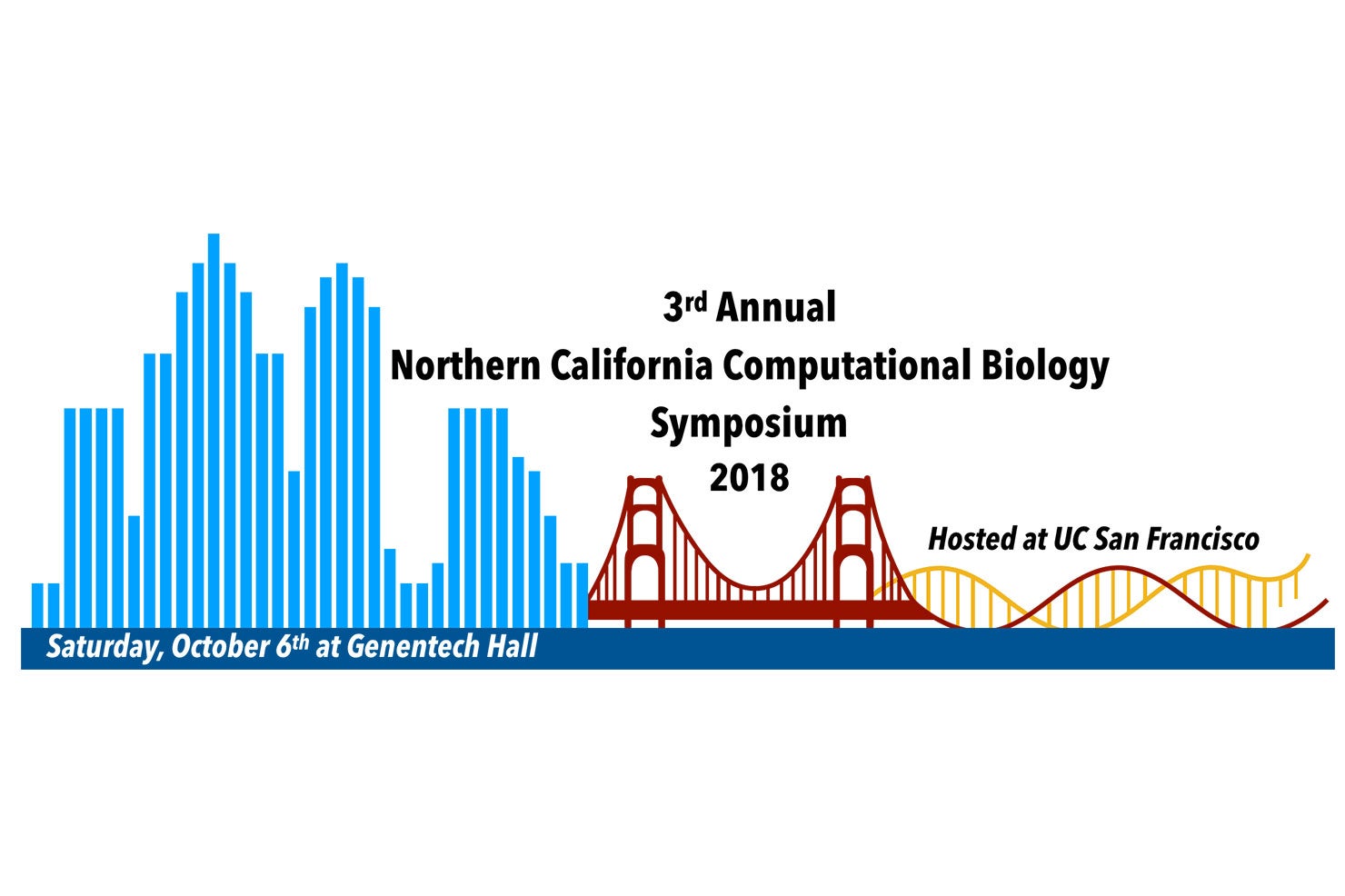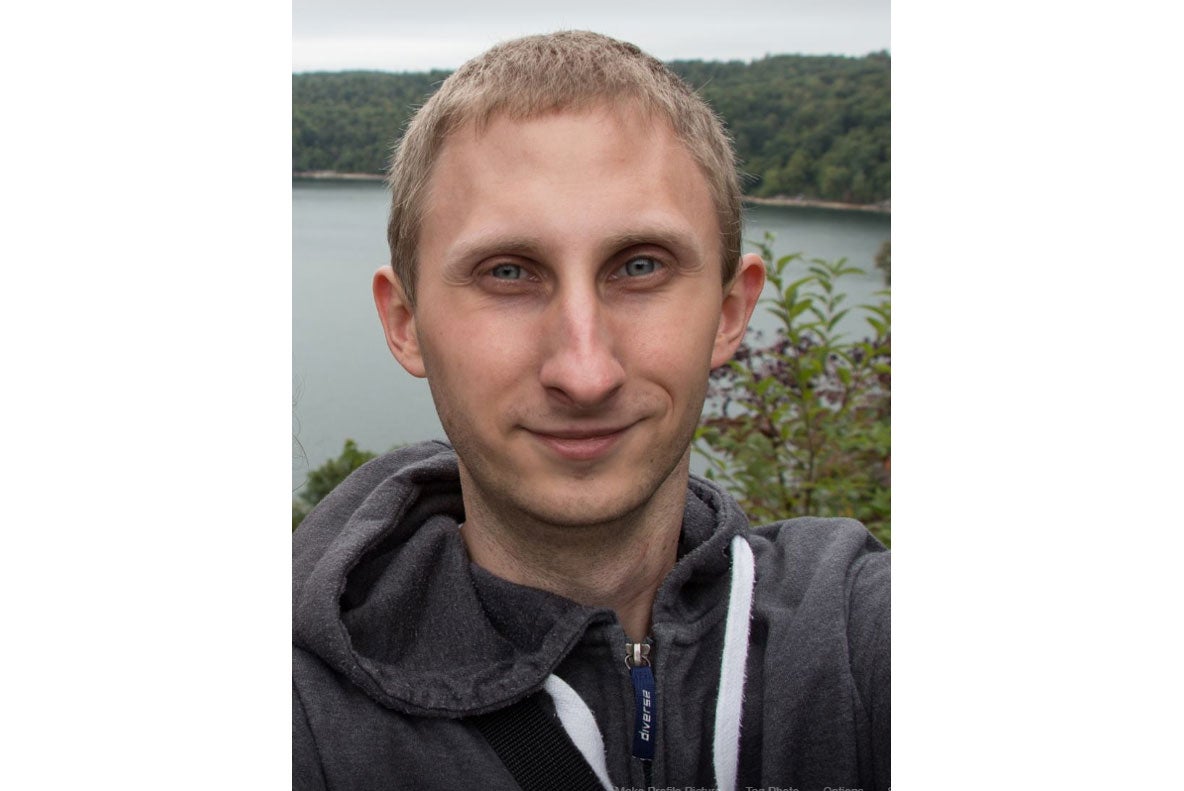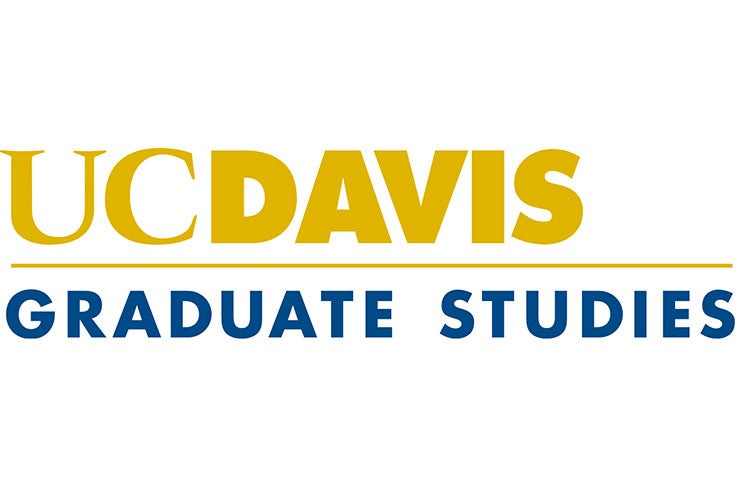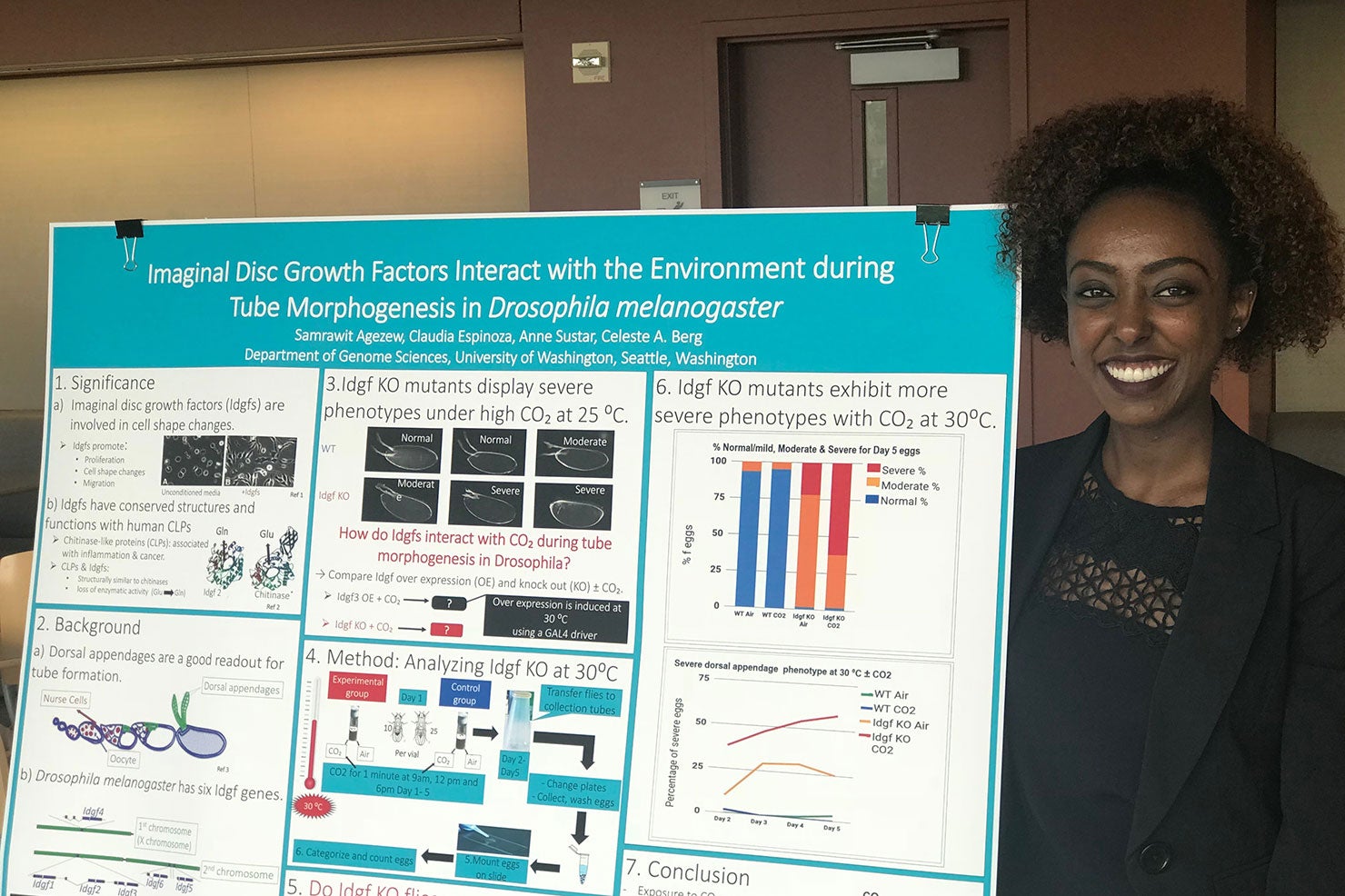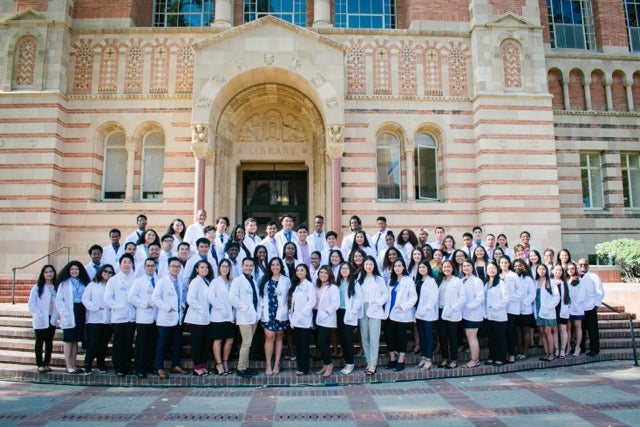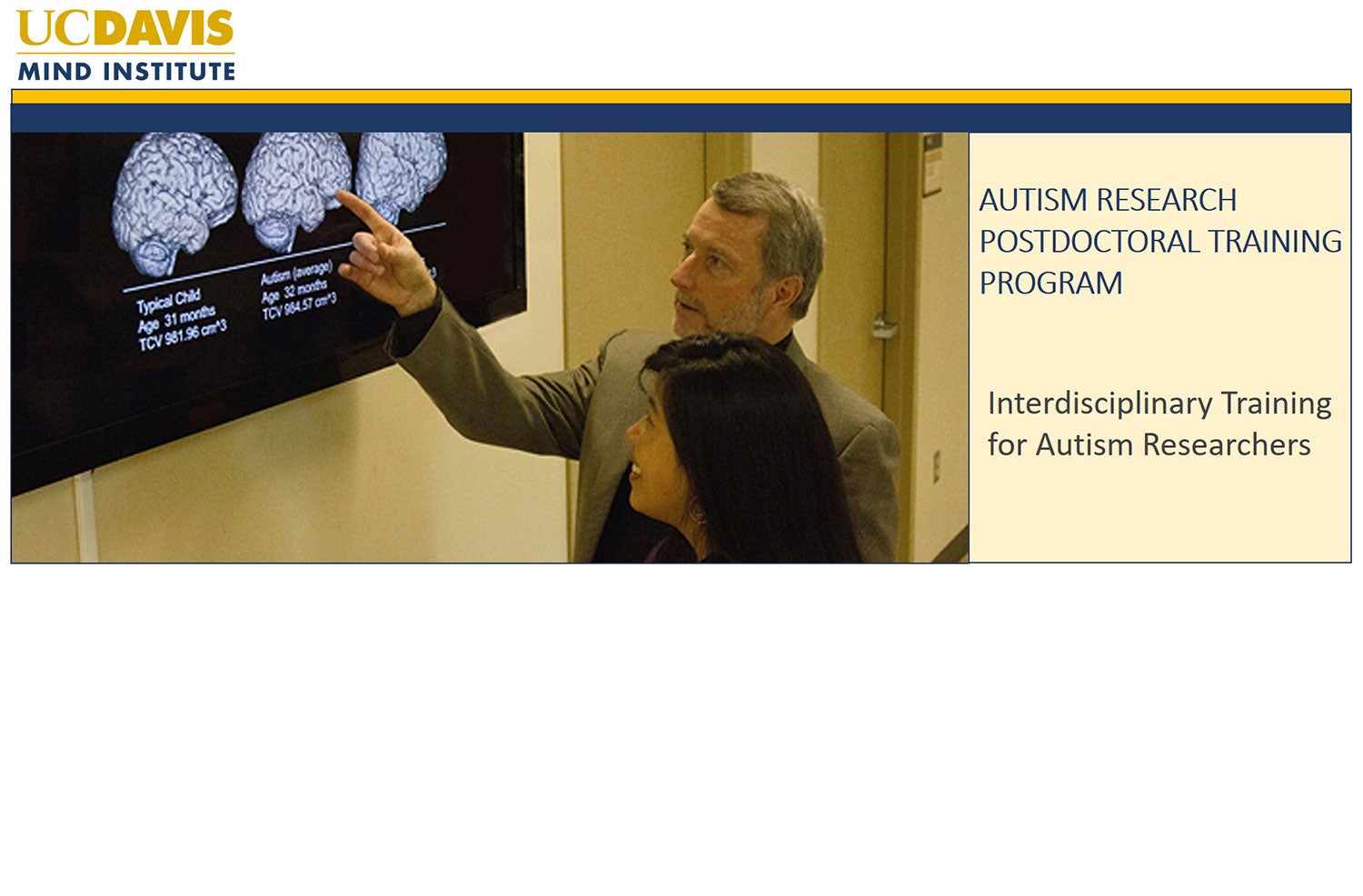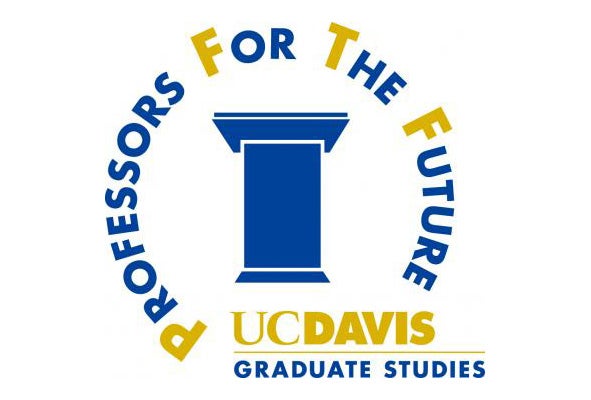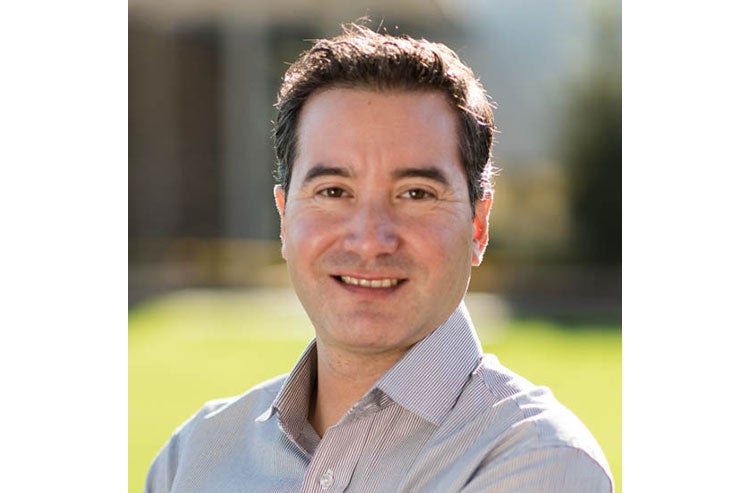Postdoctoral scholars Cesar Canales and Jess Haigh represented the Nord lab at the American Society of Human Genetics annual meeting in San Diego, CA, where they presented posters and enjoyed good food.
Author: sjmorse (Page 1 of 2)
Rinaldo Catta-Preta was one of the organizers of the 3rd Northern California Computational Biology Symposium 2018, held on Oct 6, 2018 at the Genentech Hall at UCSF. Students from five UC campuses (Berkeley, Davis, Merced, Santa Cruz, and San Francisco), plus Stanford University, produced a one-day symposium including student talks, a poster session, an industry discussion panel, and networking opportunities encompassing all fields related to computational biology. The event had the participation of over 100 graduate and undergraduate students, postdocs and faculty members, and was an overall success!
Postdoctoral researcher Karol Cichewicz joins the Nord Lab. Karol has experience in genomics and behavior from his PhD study on compensatory mechanisms responding to the loss of dopamine in a fruit fly model of Parkinson’s Disease. He also created ShinyR-DAM, a popular computer program for the analysis of fruit fly locomotion, sleep, and circadian rhythms. In the Nord Lab, Karol will be investigating molecular developmental processes in the mouse brain, responding to immune activation during pregnancy, responsible for a phenotype similar to Autism Spectrum Disorder in the offspring.
Congratulations to Linda for earning the Emmy Werner and Stanley Jacobsen Fellowship from UC Davis! This fellowship is awarded each year to one graduate student whose research examines the genetic aspects of human behavior, health, and development. This fellowship is part of the annual internal fellowship competition for continuing graduate students in Graduate Studies at UC Davis. The fellowship will support Linda’s research for one year. For more information, please visit the Grad Studies page.
Samrawit Agezew, an undergraduate in the Nord lab, completed a 10 week REU Summer Research Program at University of Washington, Genome sciences department this past summer. The program is designed for undergraduates that want to enroll in to PhD or MD/ PhD programs after completing their undergraduate studies and is specific to students that are from underrepresented groups in the biomedical sciences.
Samra worked at The Berg lab, which is focused on cell communication and migration as well as patterning and morphogenesis. The lab used Drosophila melanogaster as an animal model to study the genes and pathways involved in cell development and tube formation. Samra’s project was titled “Imaginal Disc Growth Factors Interact with the Environment for Tube Morphogenesis in Drosophila melanogaster.” She looked at flies that have all six of IDGFs encoding genes deleted and how they respond to high CO2 exposure. This significant because Idgfs have human orthologues called Chitinase-like proteins (CLPs) which are found in high levels in cancer and inflammatory disease, but their mechanism is still yet to be understood.
In the summer of 2018, Tina became a Summer Health Professions Education Program (SHPEP) Scholar. SHPEP is a national program funded by the Robert Wood Johnson Foundation with assistance provided by the Association of American Medical colleges (AAMC) and the American Dental Education Association (ADEA). Over the 6 week program, Tina was able to learn about health disparities and how it affects access to health care and thus health. Through clinical exposure, PBL courses, health policy seminars, and other various workshops, she learned skills that will aid in her success as a health care professional. Congratulations, Tina!
Congrats to Cesar, who was recently awarded a two year T32 fellowship through the Autism Research Training Program (ARTP) at the MIND Institute! With the program starting in September 2018, Cesar will get training in the clinical and neurological aspects of autism spectrum disorders (ASDs) and pursue a research project focused the molecular mechanisms underlying pathology due to Chd8 haploinsufficiency in mice. Cesar is looking forward to many exciting future interactions with trainees and investigators at the MIND Institute as we continue to investigate the causal roots and molecular mechanisms driving NDDs.
Congratulations to Ayanna Wade, a neuroscience graduate student in our lab, for being nominated and selected for the 2018-2019 Professors for the Future cohort! Fellows are selected based on academic performance, leadership potential, academic service, a desire to serve the needs of fellow students, and a commitment to the graduate and postdoctoral education process. Ayanna will begin her fellowship in Fall of 2018. Visit here for more information.
Graduate students Linda Su-Feher and Rinaldo Catta-Preta braved a bomb cyclone to represent the Nord Lab at Cold Spring Harbor Laboratory’s annual Systems Biology: Global Regulation of Gene Expression meeting held March 20-23, 2018 in Cold Spring Harbor, NY. Posters were presented, food was enjoyed, and much snow was experienced.
Postdoctoral researcher Cesar Canales joins the Nord Lab. Cesar has vast experience utilizing mouse models as a tool to understand human disease and training in analyzing brain phenotypes mostly gained from his PhD research in Williams Beuren Syndrome and his previous postdoctoral training in the Simo Lab at UC Davis, where he investigated the role of the CRL5 complex in hippocampal development and its implications in adult neurogenesis. In the Nord Lab, Cesar will be working on the characterization of the different genetic models of neurodevelopmental and psychiatric disorders that are currently under investigation.

